PRESS RELEASE
NCRP: Local Grantmaking to Immigrant and Refugee Communities Fails to Reflect State Demographics & Current Threats
New research shows significant disconnect between local funding levels and local populations, despite some positive trends toward increased support.
Explore local foundation figures by state by visiting the Interactive Data Dashboard
available at http://www.ncrp.org/2020-local-foundation-funding
Washington, DC – As organizations serving immigrants and refugees navigate through current health and political crises, what financial resources can they expect from their local foundations? Not enough, according to new analysis of publicly available data from all 50 states and the District of Columbia by the National Committee for Responsive Philanthropy (NCRP).
The new online tool, “Won’t You Be My Neighbor: Local Foundations, Immigrants and Refugee Populations,” found that pro-immigrant and refugee nonprofits are proportionally underfunded by state-based grantmakers when compared to the demographic reality on the ground.
While immigrants and refugees represent 14% of the nation’s population, the share of local philanthropic dollars invested in this community from 2017-2018 was just 1% for service organizations and 0.4% for movement groups involved in advocacy and organizing. This is despite a series of aggressive anti-immigrant and refugee policies pursued by the Trump administration targeting both documented and undocumented people.
The coronavirus pandemic has re-affirmed how integral immigrants and refugees are to the health and security of the country as well as the unique challenges this community faces. Immigrants and refugees represent a disproportionate percentage of essential health care and food industry workers, yet many have been left out of federal and state relief packages.
“There’s a lot of discussion around how nonprofits will weather the current coronavirus pandemic, but not enough attention as to why movements continue to be underfunded in the first place,” said NCRP President & CEO Aaron Dorfman. “If we want to effectively reverse decades of under-resourcing groups on the frontlines of catalyzing change, we need to be honest about where we are. This interactive dashboard provides both local activists and funders a shared view of where they stand and how to move forward together.”
The online tool and executive summary provide a snapshot of total local foundation giving for immigrants and refugee-serving organizations and the pro-immigrant, pro-refugee movement in all 50 states and the District of Columbia. It also details the share of funding that went to these groups by each state’s local grantmakers.
“At a time when federal support has excluded many immigrant communities, philanthropy must do more to ensure immigrants and refugees are able to weather the current crisis and thrive as we move towards recovery,” says Monica Munn, Senior Director of the World Education Services (WES) Mariam Assefa Fund. “Local funders play an essential role in filling gaps experienced by their communities, shoring up vital immigrant-serving organizations and ensuring equitable, inclusive recovery in their own backyards. NCRP’s new tool can help funders see where resources are deeply needed and – most importantly – take action.”
National and local nonprofits alike agree.
Among the report’s notable findings:
- A sample of 530 of the largest state-based grantmakers in each state and the District of Columbia found that 254 foundations across 49 states (47.9%) gave at least one grant towards organizations serving this population in 2017-2018.
- At least 50% of our sample of the largest local foundations in 26 states funded immigrant and refugee support efforts. In standout states like Illinois, Massachusetts and Minnesota, a full 90% of their Top 10 local institutional funders dispersed funds to nonprofits that serve immigrants and refugees.
- Yet, foundations in less than a third of states (14) met or exceeded even the already disproportionately low 1% threshold for local grantmaking benefiting immigrants and refugees in 2017-2018.
- Foundations in only eight states matched or exceeded the overall 0.4% share of local funding for movement advocacy and organizing.
- Just 14 foundations of our sample of top local funders funded immigrant and refugee serving organizations at or above the same percentage as their state’s share of foreign-born residents.
- Only two foundations — Rose Community Foundation (CO) and the Legal Foundation of Washington (WA) — distributed funds to the pro-immigrant, pro-refugee movement at shares that matched or exceeded their state’s percentage of foreign-born residents.
“As a newer national grassroots organization that is built and led by refugees and asylum seekers, it’s often hard to compete for local funding with larger, better-resourced organizations,” says Nili Sarit Yossinger, National Director, Refugee Congress. “This dashboard helps level the playing field for our all-volunteer membership, allowing us to advocate more effectively with and for our local and state communities.”
“United We Dream and other organizations led by directly impacted people have the expertise necessary to tackle our toughest problems,” Mayra Hidalgo Salazar, Development Director for United We Dream (UWD). “Philanthropy, especially at the local level, has the opportunity to break the common pattern of defaulting to white-led groups by funding immigrant and refugee organizing and advocacy at the levels that our towns and cities need to thrive.”
“Life for immigrants and refugees was precarious even before the current coronavirus pandemic,” said Dr. Abbas Barzegar, National Research and Advocacy Director for Council on American-Islamic Relations (CAIR). “With fewer public resources available, this data dashboard is an important tool in ensuring that local philanthropy seizes the opportunity to fill in the gaps of support that we need to strengthen communities and turn back the rising xenophobia and stringent federal policies that threaten so much of our shared future.”
“When the need is so great and the outcomes desired bend towards effectiveness, that’s when philanthropic forces must come into play. There is no other time in recent memory when immigrant workers and families have needed this level of engagement and investment from the private and public sectors,” said Angelica Salas, Executive Director of the Coalition for Humane Immigrant Rights (CHIRLA).
Click here to check out more reactions from community and philanthropy leaders.
NCRP’s digital dashboard and executive summary is a direct follow up to a 2019 NCRP report, which found that, at the federal level, nonprofits serving immigrants and refugees received barely 1% of funding from the largest U.S. foundations nationwide. The new analysis and data tool puts that national trend in a state-by-state context.
“We already knew from last year’s report that that groups pushing back against xenophobia and other forms of anti-immigrant hatred were woefully underfunded at the national level,” said Stephanie Peng, Movement Investment Project lead researcher at NCRP. “What our members and partners wanted to know was how well local foundations were supporting immigrants and refugees in their own communities. While there is a positive trend of increased funding in the last few years, this new research shows just how far the sector has to go.”
ABOUT THE NATIONAL COMMITTEE FOR RESPONSIVE PHILANTHROPY (NCRP)
NCRP amplifies the voice of nonprofits and the communities they serve in the philanthropic sector. Through research and advocacy, it works to ensure that grantmakers and donors contribute to the creation of a fair, just and equitable world. The Movement Investment Project is a long-term initiative that looks to provide data, campaigns and other tools to drive more philanthropic resources to social movements so that the organizations leading the way towards a fairer, more inclusive and just future can succeed. For more information, visit https://www.ncrp.org/.








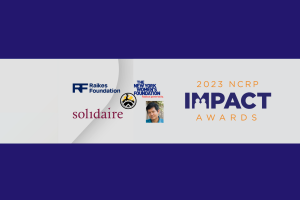
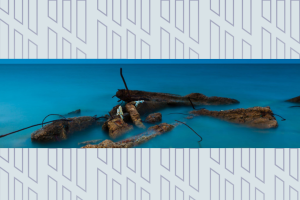


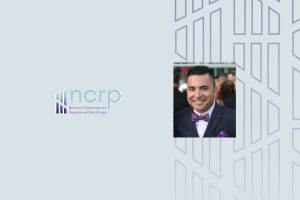

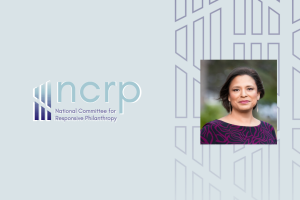
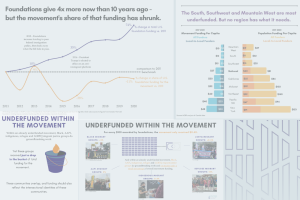

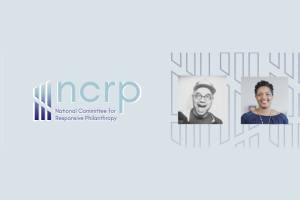
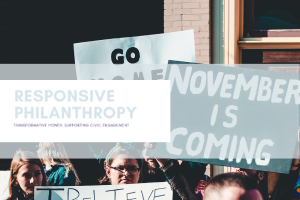
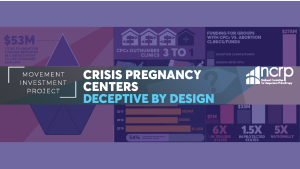

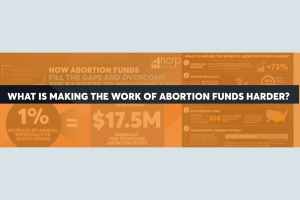

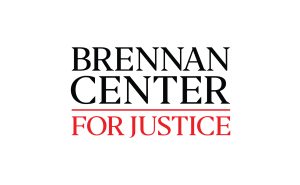

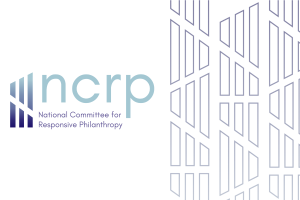
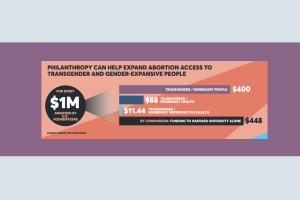




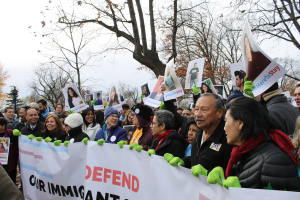
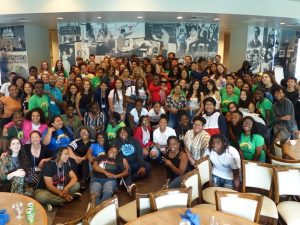




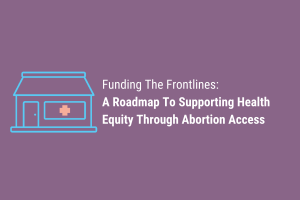

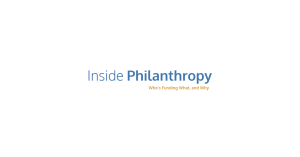
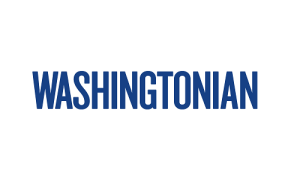

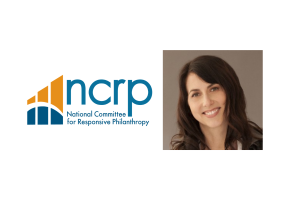




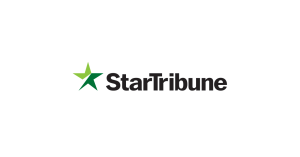
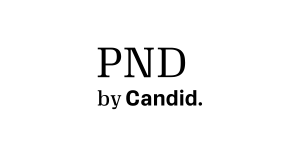
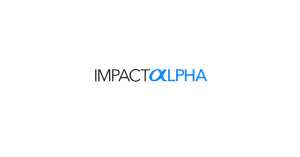



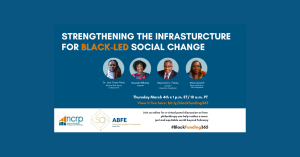

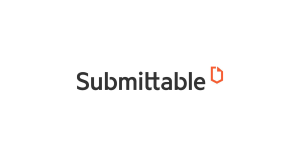
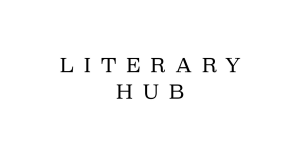


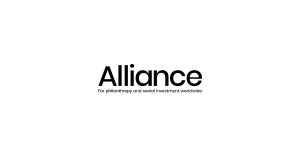




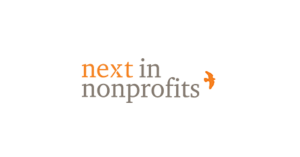
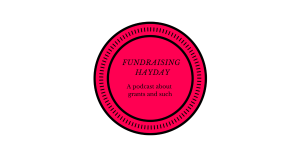

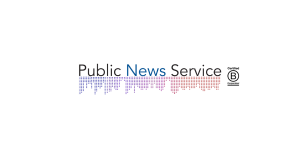










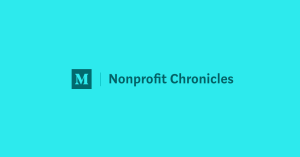
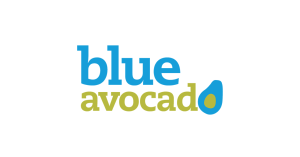
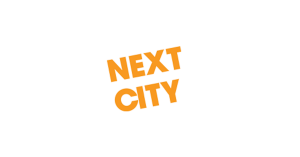




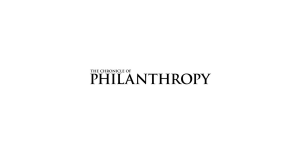


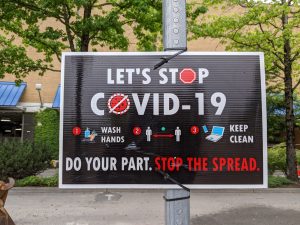

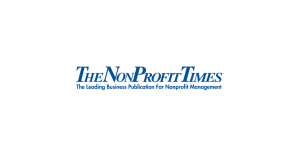
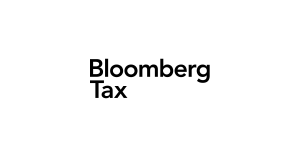

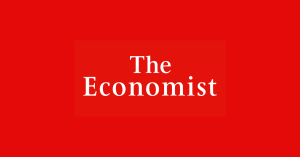



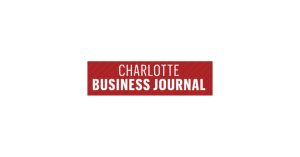




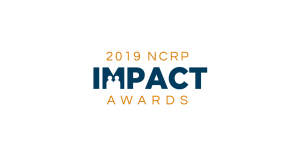




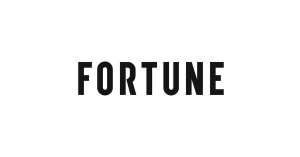










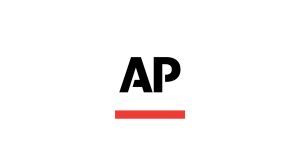




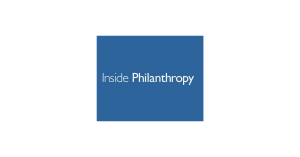




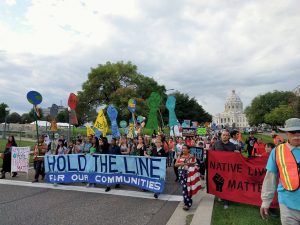

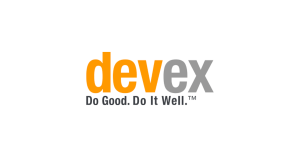



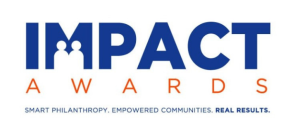












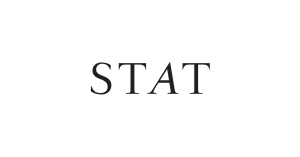

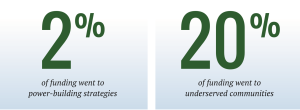


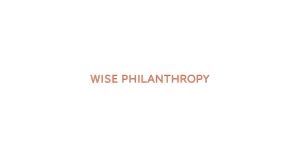


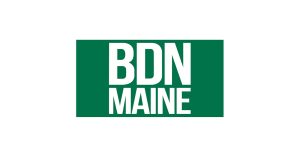





















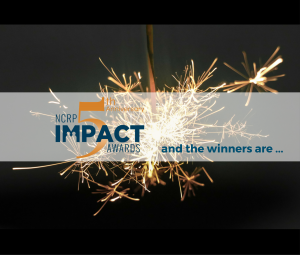



























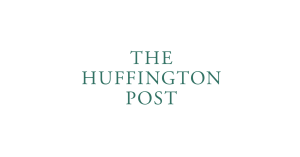











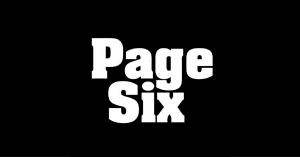



































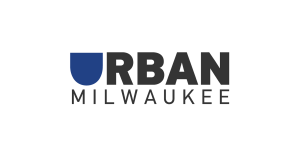




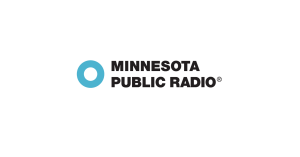





Leave a Reply